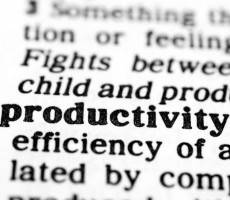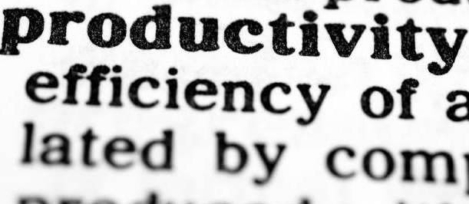June 28, 2016
Workers can’t improve productivity when they don’t know what it means 0
 There’s been a lot of debate surrounding the productivity gap over the past few years, but there’s still much confusion on how best to measure it. Now a new study claims that around half of UK office workers don’t fully understand what ‘productivity’ actually means. The survey, by PageGroup highlights a clear disconnect between employers’ continued push for increased productivity and employees’ understanding of what this really entails. Only 55 per cent of the 1,000 office workers surveyed completely understand what productivity means. For instance, the most popular definitions chosen by respondents were finishing all tasks within their deadlines (37 percent), and getting all their work done within working hours (26 percent). With the vast majority (86 percent) saying that they work out of contracted hours – and around four in ten (39 percent) doing so often or always – it is clear why they might think that they are falling down in that second regard.
There’s been a lot of debate surrounding the productivity gap over the past few years, but there’s still much confusion on how best to measure it. Now a new study claims that around half of UK office workers don’t fully understand what ‘productivity’ actually means. The survey, by PageGroup highlights a clear disconnect between employers’ continued push for increased productivity and employees’ understanding of what this really entails. Only 55 per cent of the 1,000 office workers surveyed completely understand what productivity means. For instance, the most popular definitions chosen by respondents were finishing all tasks within their deadlines (37 percent), and getting all their work done within working hours (26 percent). With the vast majority (86 percent) saying that they work out of contracted hours – and around four in ten (39 percent) doing so often or always – it is clear why they might think that they are falling down in that second regard.


































June 23, 2016
How could UK employment laws be affected by the outcome of the Brexit vote? 0
by Sathesh Alagappan • Comment, Legal news, Workplace
(more…)